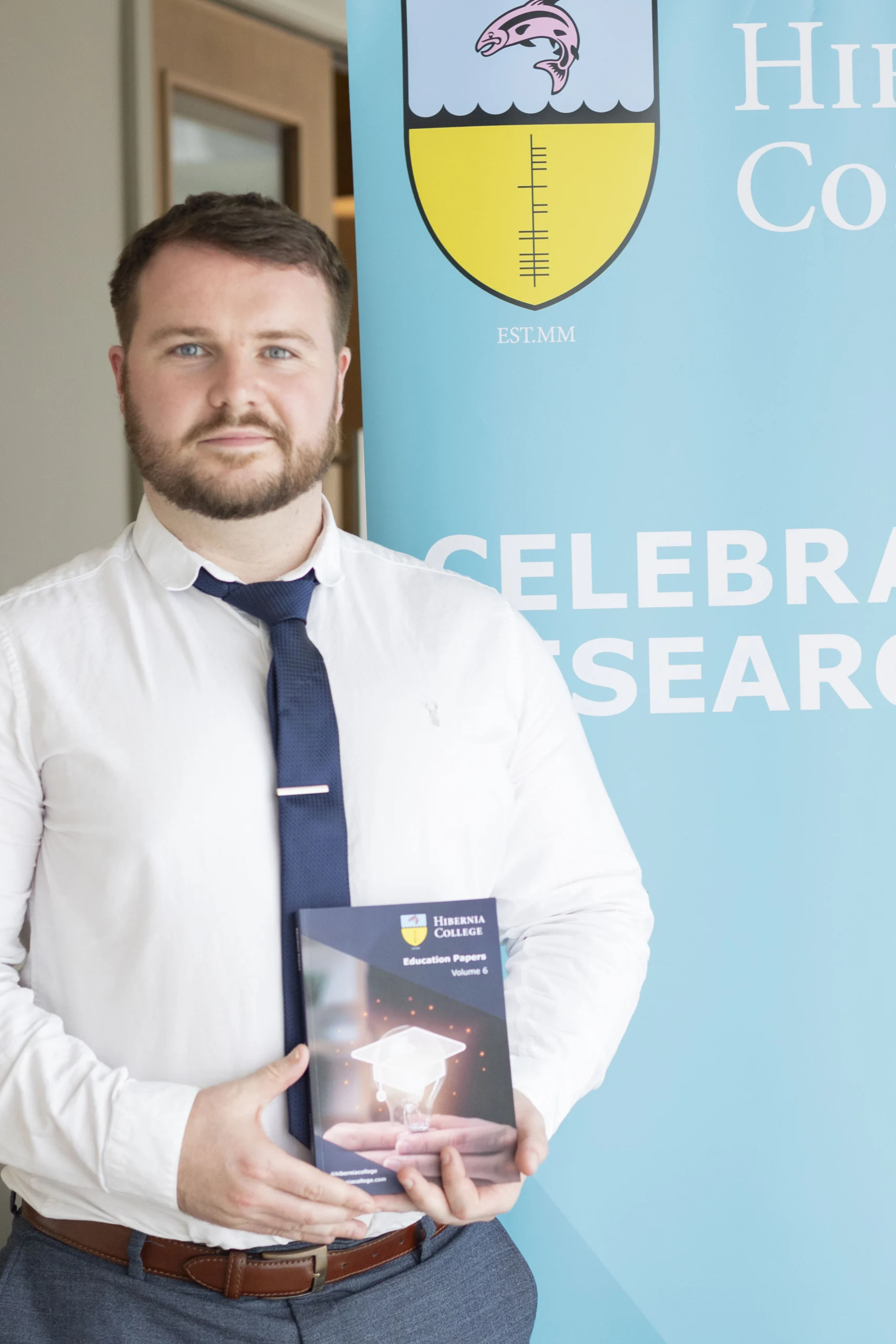
Research profile
Dave Byrne
PME in Post-Primary Education
Dave believes strongly in evidence-based teaching methodology and educational practices and hopes to contribute more to these areas of research in the future.
Research Paper Title
Inclusive Education and Pedagogy in Post-Primary STEM Classrooms
Abstract
The aims of the research project were two-fold: gather and analyse findings on the general attitudes of post-primary STEM teachers in the Republic of Ireland towards inclusive education and to gather and analyse findings on inclusive pedagogical practices utilised by post-primary STEM teachers in the Republic of Ireland. The overall findings found that the 54 STEM educators who participated in the study held generally positive views towards inclusive education and expressed good understanding of its nature and challenges. However, it was difficult to ascertain to what degree participants effectively
utilised inclusive pedagogy. This was due to the lack of quantifiable data generated from the characteristics examined.
Biography
Dave graduated with a BSc (Hons) in Pharmaceutical Science from Waterford Institute of Technology (now SETU) and worked in several positions in the pharmaceutical manufacturing sector from 2017 to 2020. Having graduated with First Class Honours in the Professional Master of Post-Primary Education (PME) from Hibernia College in 2023, Dave is currently working as Chemistry and Science Teacher in Tyndall College Carlow. Dave’s enthusiasm and love of STEM are central to his teaching philosophy, and he strives to impart that same passion in his students. Dave believes strongly in evidence-based teaching methodology and educational practices and hopes to contribute more to these areas of research in the future.
Research motivation
Can you tell us a bit about your research project?
My research project was titled ‘Inclusive Education and Pedagogy in Post-Primary STEM Classrooms’. Its purpose was to try to establish the beginnings of a critical assessment of how we implement effective inclusive pedagogical practices in Irish post-primary classrooms, specifically within the field of STEM.
What motivated you to undertake this research?
My own experiences of teaching throughout a variety of post-primary educational settings, particularly in schools with DEIS status, have highlighted to me that there is a significant gap between educational policy and pragmatic realities when it comes to promoting meaningful inclusion in Irish education. My hopes from undertaking this research topics was to educate both myself and other teachers on the need to create effective frameworks of assessment so we can gauge if our current approach towards inclusive education is meaningfully addressing issues of inequality in Irish society through education.
What impact has it had on your practice?
The findings of my research have largely coincided with my initial beliefs and understanding around the differences of the theoretics of current inclusive practices in Irish education and difficulties of having them manifest into tangible, measurable outcomes for our students. It has shaped my teaching practice to become as quantifiable as I can feasibly make it, so I can attempt to identify which pedagogical methods definitively improve the learning attainment of students as a whole.
How important do you feel research will be in your future practice?
My research has inspired me to further develop my future practice to incorporate a greater degree of metric analysis and to develop my initial study to focus on specific areas of inclusive education. My overall aspiration is to continue my research to develop a framework to quantify and assess the level of efficacy of our current inclusive pedagogical practices in delivering equitable educational outcomes for post-primary students.